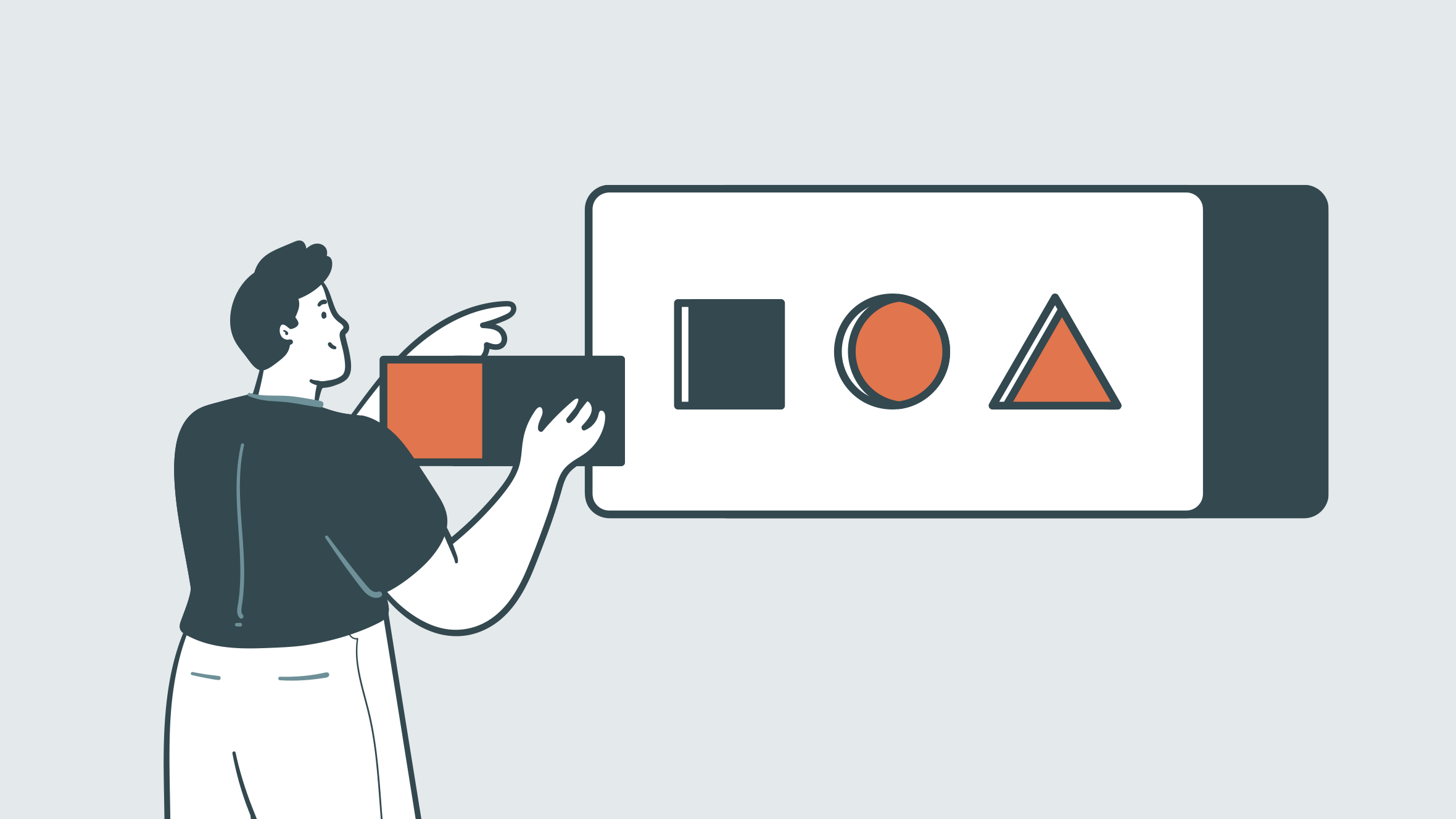Latin America is a hotbed for identity fraud with around one-quarter of all digital accounts rejected due to fraudulent identities. Daniel Bilbao created Truora to combat this problem by providing businesses with immediate background check software; traditional background checks in Latin America take up to three weeks. While this status quo is suitable for large businesses, startups and SMEs are suffering a bottleneck in hiring due to fear of fraud when it comes to recruiting.
Truora is working to solve the real problems faced by small businesses and startups of fraud and identity authentication in Latin America. Daniel explains what he has learned from starting and growing a company in the Latin American ecosystem and tips that have helped Truora to become the company it is today.
What is Truora?
Truora is an instant background check company that helps businesses with their recruitment and compliance processes. In less than 20 seconds, the Truora platform can access the criminal, legal, and vehicular records, as well as national and international governmental lists of any ID number.
Truora is the answer to the long and complicated background check process that is currently the norm in Latin America, which does not adequately serve the needs of small businesses and startups. Truora is modeled on the US startup, Checkr, as Daniel saw an opportunity in the Latin American market for a similar system that could reinvent the way businesses currently conduct requisite background checks.
How did Truora become the company it is now?
One of the most important aspects of building Truora was the ability to scale and grow rapidly. Daniel approached a few potential customers, such as Uber and Rappi, with the idea for Truora before even building the technology. He wanted to test if this technology could be the answer to a clear problem for these businesses. In this way, Truora was able to secure customers early, which gave them the resources necessary to start to build the product.
The Truora team steadily developed its background check API into an efficient platform that they then offered to businesses in Latin America. From Colombia, Truora has expanded operations into Chile, Mexico, Brazil, Peru, and Puerto Rico. Truora has four co-founders: Daniel Bilbao, Cesar Pino, Maite Muniz Telleria, and Bruno Cecatto.
What has been your experience working with Magma Partners?
The Truora team has worked closely with Magma Partners on various aspects of the company’s development. Daniel explains that the Magma team helped them with their content strategy and supported them as they worked around early issues with their technology and the Truora platform. He also mentions that the relationship with Magma Partners helped Truora to build connections in the Latin American startup ecosystem and has brought press opportunities for the company.
For Daniel, the personal relationship with Nathan Lustig has been particularly gratifying as both share a desire to see the Latin American ecosystem grow and thrive. They look beyond their individual businesses to the bigger picture of Latin America, always considering how to strengthen and build the ecosystem through their work.
Magma Partners invested in Truora’s Seed round in December of 2018 along with MAYA Capital, shortly before the startup was accepted into YCombinator.
What advice would you give to entrepreneurs looking to start a company in Latin America?
Daniel comments that it is hard to build a unicorn startup out of Colombia alone. Whether or not the company is aiming to grow to this size, Latin American entrepreneurs should always look to the whole region for scaling to bring in more investment and build a stronger company.
He also notes his impression that young entrepreneurs are increasingly unwilling to ask for help. Daniel has a personal network of successful founders and entrepreneurs who have acted as an important support system as he has learned to navigate the startup ecosystem. This network is an invaluable resource as the group has been able to mutually feed off one other in learning from their successes and failures in the market. His advice to other entrepreneurs is to surround themselves with other smarter and potentially more successful entrepreneurs from whom to learn and take encouragement.
What is the most important lesson you have learned through your experience with Truora?
As a company with four co-founders, Daniel explains that the team had to learn how to work around conflicts with the other founders when it came to decision-making. Even in a smaller team of two founders, there are likely to be differences in opinion on sensitive aspects of the business, such as choosing investors, hiring employees, and equity splits. Daniel believes that in taking the time to establish strong working relationships Troura is able to manage these disagreements in a professional and healthy way. By purposefully building good relationships based on trust and respect, Truora has created a strong executive team.
Truora was born as a solution to an urgent issue causing bottlenecks in hiring in Latin American businesses. Daniel states that as a developing market, Latin America has not yet developed smart solutions for the new problems posed by the increasing use of technology in the region. For this reason, the Latin American market has many great opportunities for startups that are looking to solve these problems. He has learned that focusing on local issues is a sure way to find a business idea that could be truly successful.
What is next for Truora?
In the coming year, Truora is looking to continue to develop and consolidate the platform’s technology and product quality. They also have plans to launch a new product as they expand Truora throughout Latin America.














